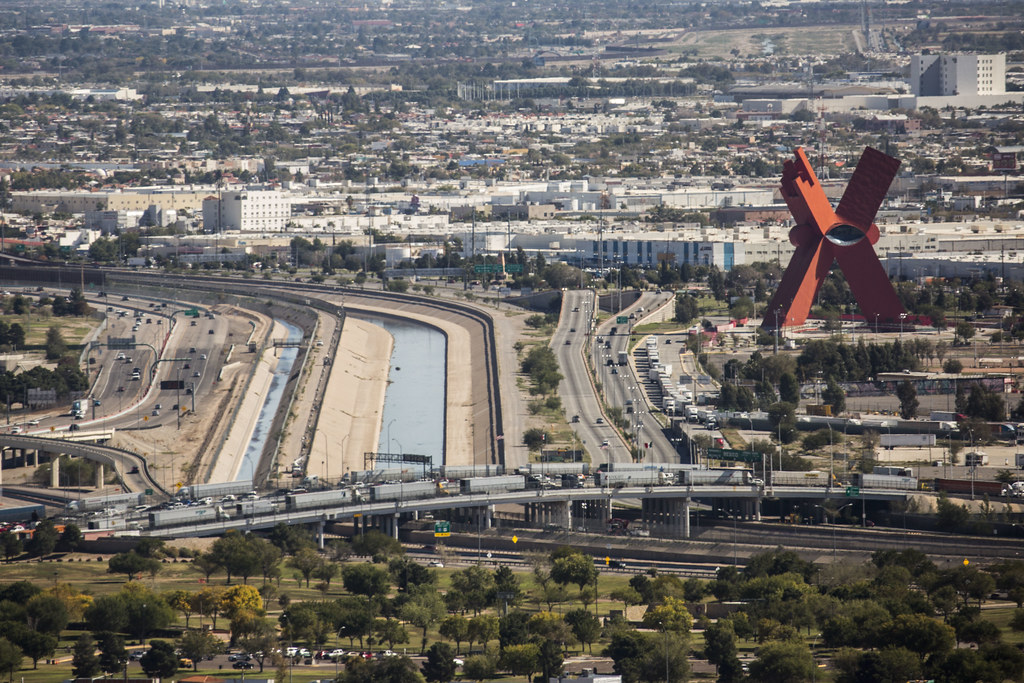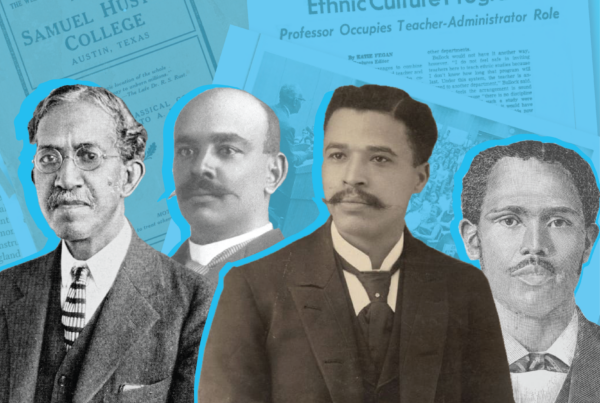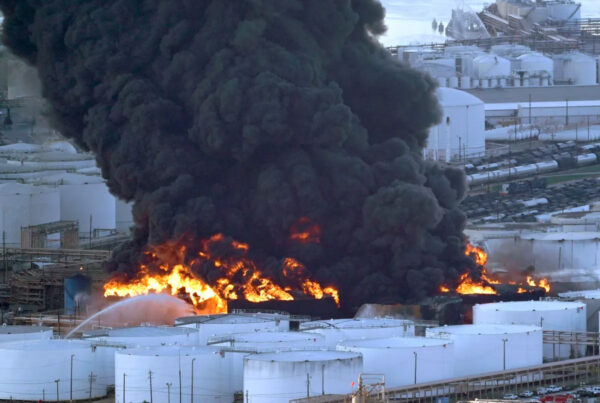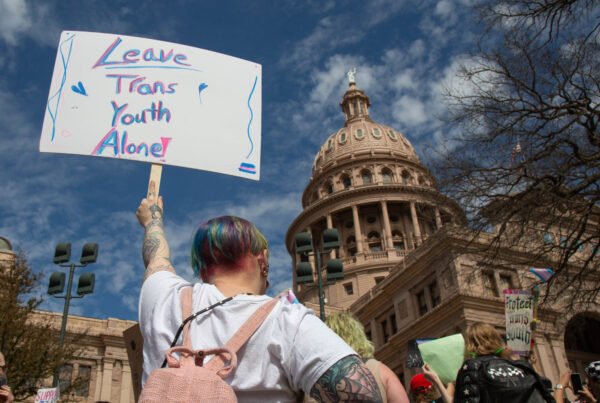Mayor Oscar Leeser of El Paso declared a state of emergency starting Monday.
This move came in advance of an upcoming change in U.S. immigration policy. According to a report in the El Paso Times, there are unconfirmed estimates that up to 35,000 asylum seekers are waiting in Juárez, Mexico, hoping to try to cross the border on May 11. That’s the day currently set for the expiration of the Title 42 policy in the U.S.
Title 42 is the statutory authority invoked by the Trump administration and, up to now, also enforced by the Biden administration, directing the rapid return of migrants to Mexico due to health considerations – specifically concerns about the spread of COVID-19.
Critics of Title 42 have said this policy is a pretext to prevent people seeking asylum from coming to the U.S. Leeser told reporters Sunday that many migrants may believe the border will open when Title 42 expires on May 11, and they will try to enter the U.S. without documentation – which is not the case, as that part of U.S. law will not change.
But as recently as a week ago, the El Paso Times reports, the Border Patrol reported up to 1,300 immigrants a day were trying to cross into the El Paso sector.
A similar disaster declaration has been made in Brownsville, Texas.
Angela Kocherga, the news director at KTEP in El Paso, said this emergency declaration taps federal funding to help the city handle the large number of migrants expected to arrive across the border.
“They can stand up shelters, and a civic center will be reopened,” she said. “Also two schools that are no longer in use will be turned into shelters for families – temporarily, of course. The idea is for people to move on and go to places where they already have plans to link up with family, friends or sponsors.”
Korcherga said, despite the rhetoric, the El Paso area has seen an increased flow of migrants before.
“The mayor said we’re preparing for the unknown. We actually do know because we’ve seen this – it’s like Groundhog Day, unfortunately, that movie where things are repeated over and over again,” Kocherga said. “We have an overflow of people outside a church in downtown El Paso. We have several homeless shelters that are also overflowing in El Paso. And we also see Juárez, our sister city in Mexico, coping with the same thing.”
Kocherga also said the possible end to Title 42 will not change other aspects of immigration policy at the border.
“The end of Title 42 – long awaited – is this magical thing where people feel like the migrants will be allowed to enter the U.S., ask for asylum and go through that process, which can take months or years,” she said. “But Border Patrol will not be allowing that unless someone qualifies immediately. And there are new measures in place to kind of screen people. People will be sent back, will be deported. So that’s what will change. People won’t be able to stay, although there is this idea, they think Title 42 ends – the magical date – and they will be allowed to stay in the U.S.”
Kocherga said there’s a lot of misinformation out there about what the end of this policy could mean, on both sides of the border.
“And in some cases, disinformation — intentional lies being spread through social media by smugglers who want people to rush up to the border. They get paid for that service and others who are just trying to sow chaos, you know, some people for their own reasons,” she said. “We’ve heard migrants say, ‘I’m following such and such media, and they told me I can cross.’ So it’s unclear why or who the motives are. The money is for smuggling organizations.”
Kocherga said El Paso officials have experience responding to situations like this.
“The city is well aware they know how to do this. They’ve done it before. And so they are getting ready and they’re trying to cope,” she said. “We’re seeing up to 1,500 people a day crossing over, according to Border Patrol. And so that is a large number of people. And so we’re already dealing with this, before May 11. The concern is this will double or triple once that date passes.”
The emergency response includes providing things like food and shelter, she said.
“Right now, the issue we’re seeing is, you know, the nonprofits are trying to step in and help the people who are there congregating outside the church or shelters – the overflow,” Kocherga said. “But the mayor is very clear, they’re going to start enforcing ordinances that don’t allow people to camp on the streets. And that’s where Texas will be helping the local police department, state troopers in enforcing that law and trying to tell people to move along. And of course, if people are in the country without documents, they will be picked up by Border Patrol and taken into custody.”













